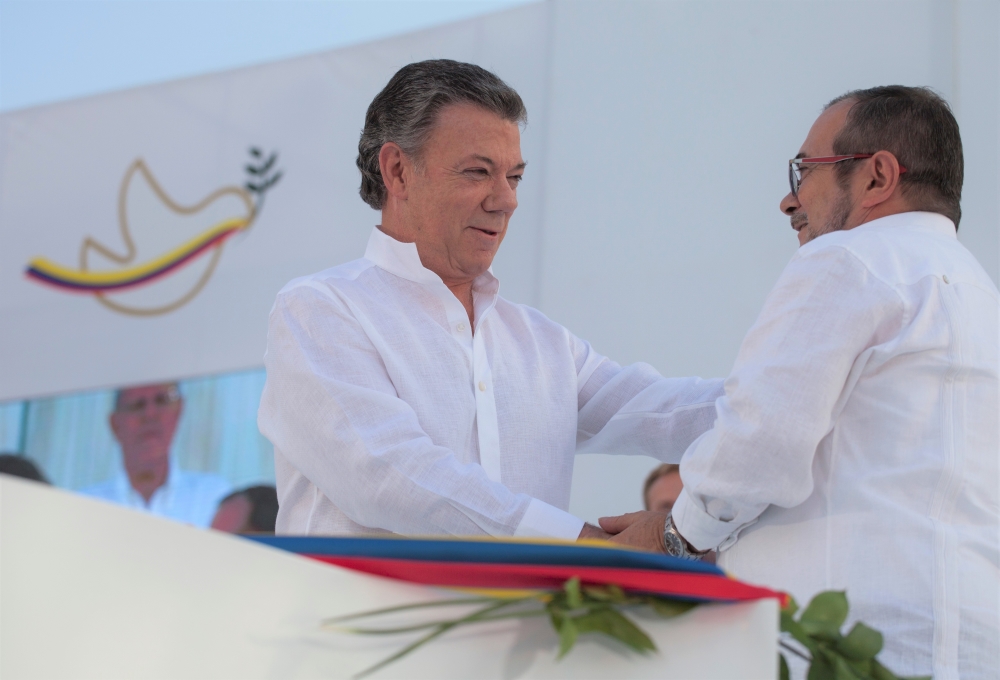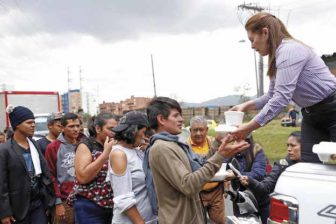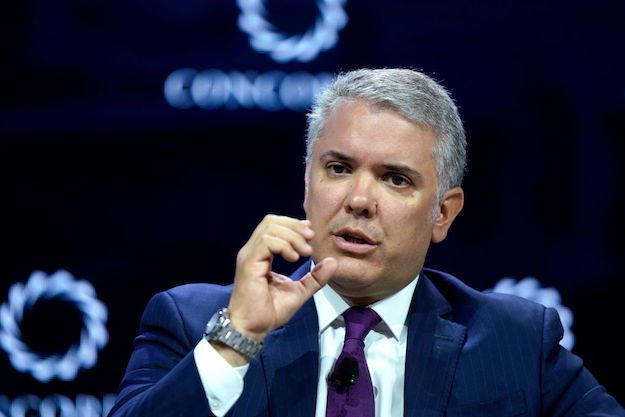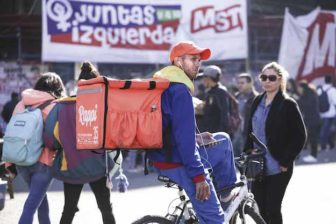Click here to read more of the decade’s 10 biggest stories.
WHO WAS INVOLVED: Juan Manuel Santos, then Colombia’s president; Álvaro Uribe, Santos’ predecessor; Iván Márquez, lead negotiator for the Revolutionary Armed Forces of Colombia (FARC); Iván Duque, the current president.
WHAT HAPPENED: As Santos entered office in 2010, Colombia was changing. Uribe’s mano dura confrontation with the FARC, though it led to widespread human rights abuses, had significantly weakened the guerrilla militarily. In response, the group’s strategy changed – ratcheting up small scale attacks and recruiting militias in the countryside rather than engaging in larger-scale confrontation with Colombia’s armed forces.
The shift in approach made a total victory against the FARC less likely. But many observers nonetheless expected Santos, who had served as Uribe’s defense minister, to try to finish the job on the battlefield.
Instead, in 2012 Santos announced that he had begun exploratory peace talks with the guerrilla group. After four years of negotiation held largely in Havana, the two sides reached an agreement in August 2016. A subsequent referendum on the deal – against which Uribe and his allies campaigned vehemently – was unexpectedly rejected by just over 50% of voters that October. Less than two months later, Santos sent a revised version to Congress, which ratified it, this time without first running it by the public, by a total of 205 votes to zero.
WHY IT REALLY MATTERED: Uribe’s belief that Santos betrayed him and the country by pursuing peace too early has hung over Colombian politics for the entire decade. While polls have shown that the peace process itself is not on the top of Colombians’ list of concerns, the issue remains a key driver of political polarization and legislative gridlock – and became a feature of broad national protests that began in late 2019.
Implementation of the agreement has been uneven. Santos’ government was slow to boost state presence in parts of the country formerly occupied by FARC guerrillas. Criminal groups, guerrilla movements and FARC dissidents have stepped in, and as a result many communities have simply traded one form of violent oppression for another.
Meanwhile, Duque, an Uribe supporter, has struggled to step out from the former president’s shadow. Though he has not undone the peace deal, he has tinkered with it at the margins, undermining faith in the process. The FARC’s transition to politics has been similarly ineffective – the only former FARC soldier to win a seat in recent local elections did so running not for the FARC’s own political party, but for a rival. Márquez, for his part, has joined the dissidents, calling disarmament “a grave mistake” and encouraging his supporters to remobilize.
Clearly there is work yet to be done. But there are positives, too. The vast majority of ex-combatants are following through on re-integration programs. Violence nationwide hit historically low levels in 2017, before a slight uptick last year, and the number of annual foreign visitors to Colombia has doubled since 2012. Colombia’s peace is fragile and incomplete. But it is peace just the same, and that is a start.
—
Russell is a senior editor for AQ









